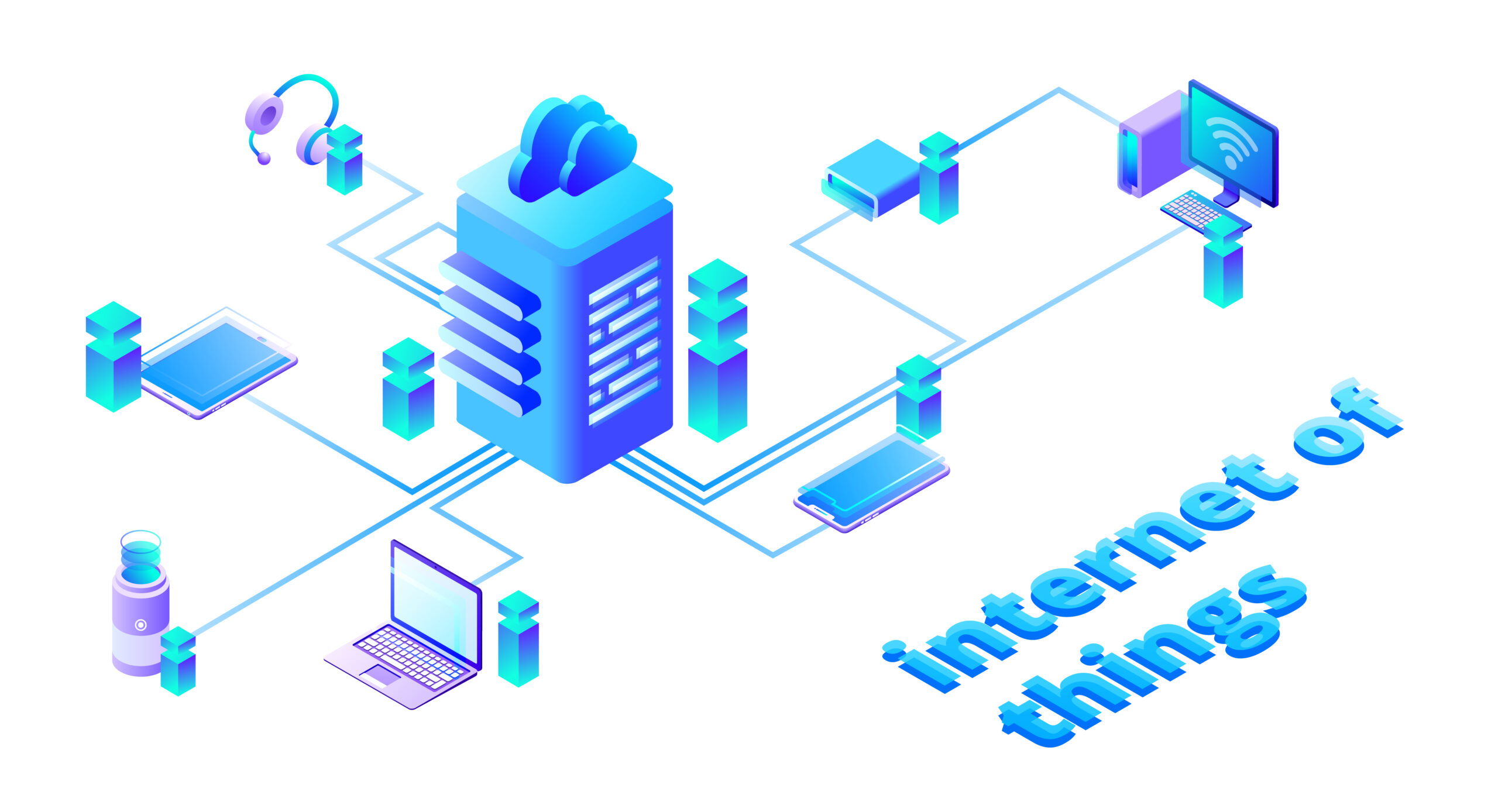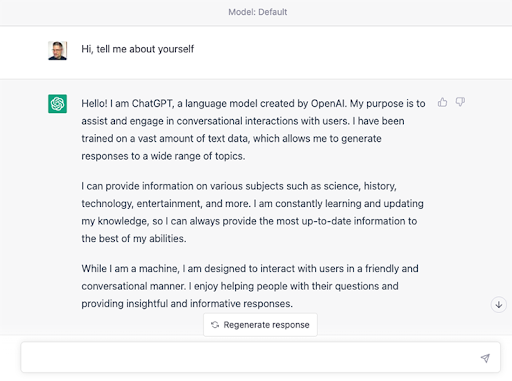Manufacturing, automobiles and transportation, healthcare, retail banking and finance, and many more will all be affected by blockchain as it develops into a core technology—platforms like Crypto VIP Club leverage top-notch trading tools and analysis to provide better insights into bitcoin trading to beginners. Many different cultures and languages might coexist in the same area, making constant translation necessary.
For supply chains to be trustworthy from beginning to finish, all participants must have access to accurate, real-time information about where their shipments are. Multiple suppliers, shippers, carriers, distributors, and retailers all interact with one another and the final consumer at least eight times in the typical worldwide supply chain.
Blockchain has been seen as a tremendously disruptive technology that has the potential to revolutionize many businesses and procedures since the introduction of the internet. This technology is relevant to banking and many other industries. In a typical global supply chain, several suppliers, shippers, carriers, distributors, and retailers contact one another and the ultimate customer at least eight times.
This technology might offer trustworthy transaction records through Internet-based systems at minimal or no cost across multiple networks if correctly implemented. However, the intricacy of the supply chain process has proved to be an impediment for merchants and banks in integrating blockchain technology since it is a complex idea to grasp.
Suggested Read: How To Strengthen Cybersecurity In The Age Of IoT?
What benefits can IoT provide if integrated with blockchain?
Since blockchain technology keeps a detailed record of everything that happens throughout a supply chain’s transit routes, this is now feasible. With IoT, we will be able to monitor the whereabouts of all packages in near-real time. This technology will benefit customers and businesses by facilitating cost reductions in several areas. Since we live in a globalized digital economy, linguistic and cultural boundaries are no longer an issue in facilitating two-way communication between businesses and their customers.
People used to know each other’s names and where they lived since they had to know each other to go about it. With IoT, businesses no longer need humans to manually enter data into the system to monitor real-time shipments. In addition, due to the elimination of intermediaries in financial transactions enabled by blockchain technology, businesses can save money on overhead expenditures like insurance and litigation. Retailers often used paper contracts when selling products to customers, but customers sometimes had to wait days or weeks to get their copies.
Healthcare industry:
Improvements in patient data collection, storage, and sharing are just one area where IoT and blockchain have the potential to revolutionize the healthcare business. For example, IoT patients may collect real-time vital signs, blood pressure, and heart rate data. Once this information is collected, it may be safely and conveniently stored on the blockchain. As a result, it has the potential to dramatically enhance the quality of care while also making it more straightforward for physicians and other medical professionals to give individualized therapy.
Additionally, thanks to blockchain technology, physicians and other healthcare professionals from all over the globe will have access to a patient’s safe and decentralized medical records. As a result, patients will have an easier time gaining access to the care they need, and the delivery of medical services will benefit.
E-commerce and retailing:
IoT and blockchain technology can potentially disrupt the retail and e-commerce sectors by giving consumers more information and control over their purchases. For example, shops may trace the flow of items across the supply chain using IoT devices and blockchain technology, enabling consumers to understand precisely where their products are coming from and how they were manufactured. As a result, it may promote consumer trust and loyalty, as well as openness and responsibility in the retail business.
Manufacturing and Supply Chain Management:
Smart contracts are one of the most critical ways IoT and blockchain may disrupt the industrial business. They may be used to automate the tracking and recording of product movement along the supply chain, ensuring that all stakeholders have access to the same information and that payments are paid automatically. As a result, it enhances supply chain transparency and efficiency, lowering costs and improving speed.
Furthermore, IoT devices may monitor the status of products and equipment in real-time, enabling manufacturers to discover and rectify concerns before they become problematic. It may aid in reducing downtime and increasing overall production. IoT and blockchain technology can potentially disrupt the banking and finance sectors by giving users greater control over their financial activities.
Also Read: Why IoT security Is Important For The Healthcare Sector
Source link







Leave a Reply